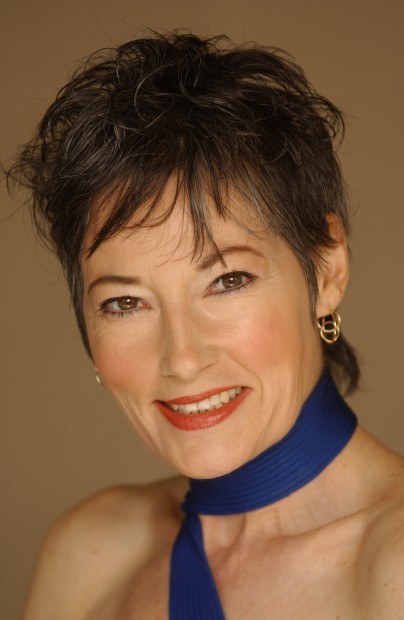Our kupuna (elders) deserve special consideration when we speak of physical fitness. They have special concerns, special needs and special goals when it comes to getting or staying in shape. Our elders want to stay fit, trim, strong, mobile and
Our kupuna (elders) deserve special consideration when we speak of physical fitness. They have special concerns, special needs and special goals when it comes to getting or staying in shape. Our elders want to stay fit, trim, strong, mobile and independent for as long as possible. If one has a chronic problem or disease, the goal is to arrest or reverse the condition. Frailty does not need to be the certain end result of a long life.
It is a myth that we must get older and weaker, have more aches and pains and get fatter and less flexible. We don’t need to think that just because we age we will lose muscle and bone mass and that our metabolism slows down. While we might react a little slower, the rest of these symptoms are not symptoms of aging but of inactivity.
So how do we slow down the hands on the clock and maybe even turn them back a little?
Researchers at many major U.S. universities have found that strength training for seniors is one of the best activities possible to fight physical declines. Both men and women can benefit by including weight training or using resistance band training to build back muscle strength and mass, reduce arthritic pain, increase bone density and metabolism and help manage diabetic symptoms.
We have known for decades that inactivity causes muscle loss at a rate of around five pounds per decade. As muscle is a highly metabolically active component in your body, this loss is reflected in a drop in metabolic rate of about 5 percent per decade. While muscle can’t “turn to fat” (muscle is protein and fat is adipose tissue), what happens is the muscle shrinks, and is then infiltrated with fat.
As the metabolism drops, more fat accumulates and the elder is left weaker and fatter rather than strong and lean. Reversal of this is quick however, even a short 12-week course of weight lifting or resistance band training will result in impressive gains of muscle and reduction of fat. Strength training rebuilds bone mass and slows any further loss by adding calcium into the bones.
Strength training helps reduce arthritis pain by nourishing joints and by strengthening supporting tissues around the sore spots. Research has shown that elders who used resistance tubing for strength training for 12 weeks increased their strength by 82 percent. Exercise tubing is inexpensive, easy to use, easy to carry around and store. It also is very versatile. I train seniors using tubing and there is not anything left undone. It is recommended that seniors train with resistance strength training twice a week.
There are other concerns for kapuna. Balance, flexibility and aerobic fitness are also very important. Balance work and flexibility work can be yoga, tai chi, pilates or even simply using a support and trying balancing positions and flexibility exercises. This is a case of “if you don’t use it you’ll lose it.” Flexibility and balance are pretty easy to get but also pretty easy to lose, so daily practice is the best idea.
Aerobic conditioning can be achieved for elders by walking or swimming or dancing. It is the type of activity that gets you breathing a little hard, but not so hard that you have to stop. With aerobic activity you want to be able to go along for a while so that you really get into conditioning mode. Although walking is a great aerobic activity, for some elders who might have diabetes with foot sores or leg ulcers or perhaps Parkinson’s disease, which causes difficulty with gait and balance, walking is not always the best activity. In these cases swimming or water aerobics might be the answer to getting a good aerobic workout.
No matter what age, these components of fitness are vital to living well. It is a mistake to think that we must age poorly by becoming sick, weak, fat and frail. We can stay healthy and fit or become healthy and fit at any age.
As always, call me if you have questions.
• Jane Riley, B.A., C.P.T, C.N.A, can be reached at 212-1451 or www.janerileyfitness.com


